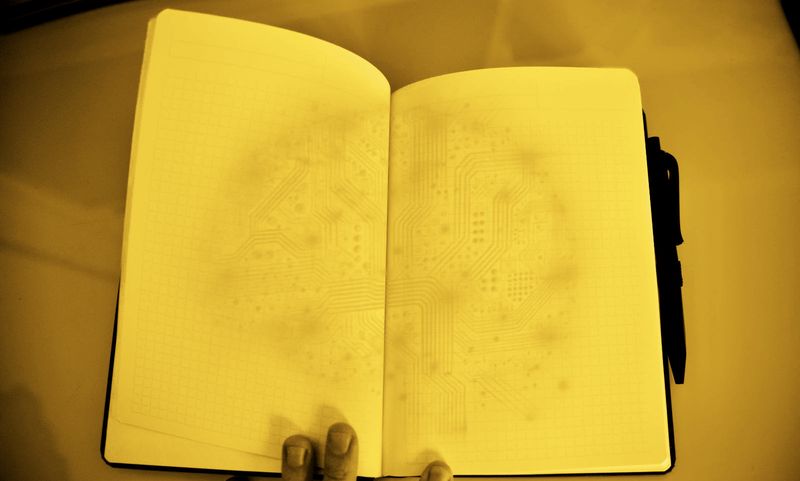Building a "Second Brain"
Why personal knowledge management matters
There was a time when an individual, often called a “universal genius,” could master all of human knowledge. However, more or less since the 18th century, this has become impossible due to the exponential growth of information across all domains. Leibniz is widely regarded as the last universal genius.
In today’s world, navigating and understanding the huge amount of information we come across daily can become a challenge. For instance, how many open tabs do you have in your browser right now?
As discussed in What Is the Internet Doing to Our Brains?, relying too much on easily accessible online information can hinder our ability to deeply understand and retain knowledge. How often do you find yourself revisiting a topic you know you’ve previously read about, but then you struggle recalling important details about it?
Beware, as this complexity is frequently exploited for political purposes. Therefore, I believe that it is our duty as responsible citizens to analyze information thoughtfully, and cultivate our critical thinking to safeguard ourselves from manipulation and propaganda, which seems to be ubiquitous nowadays.
A strategy that has been particularly useful to me is the concept of second brain, a term popularized by Tiago Forte. The idea is straightforward: maintain a personal repository of notes on topics relevant to you and refine them over time.
This approach is not new. Aristotle described “commonplace books” as early as 300 BCE, a practice revived during the Renaissance. In the 18th century, Carl Linnaeus, known as the father of taxonomy, used an index card system for organizing knowledge. More recently, Niklas Luhmann, a German legal scholar, developed the Zettelkasten system, which is very related to the concept of second brain.
Why Build a Second Brain When We Already Have Wikipedia?
The key is ownership. A personal system reflects your understanding, enabling you to identify gaps in knowledge and improve your own understanding, specially if you force yourself to write all your notes with your own words. As Leslie Lamport said, “If you’re thinking without writing, you only think you’re thinking.”
Human creativity often relies on the ability to connect seemingly unrelated ideas. By developing a personal knowledge base, you create a repository that not only preserves past insights but also encourages connections between new and existing ideas. This network deepens understanding and inspires creativity.
I’ve noticed that regularly taking notes, significantly improves my ability to articulate ideas and expand my understanding, even when these notes initially appeared to be trivial.
If you’re considering building your own second brain, my advice is to start small and keep it simple. Begin by writing down notes and revisiting them periodically without enforcing a rigid system. Over time, you’ll naturally discover the methods that work best for you.
There are numerous tools available to help you create your second brain. I particularly like Obsidian because of its flexibility and customization options, but other apps like Notion, Apple Notes, or OneNote can also do the job. Ultimately, the best tool is the one that fits your preferences and workflow. As mentioned in my previous post, Anki is a great tool to apply the method of spaced repetition, but is not only useful to help you learn languages: it can also help you remember the notes in your second brain.
An LLM prompt that I use quite often is the following:
I use Anki to memorize things. The format that I use to export facts to Anki as flashcards is the following:
name of the idea, concept, or word (front of the card) :: detailed explanation (back of the card)
Please, note that both sides of the flashcard are in just one line.
Can you please write just one flashcard with a very concise but complete version of the most relevant information about the note below?Pro tip: saving this prompt as a snippet in Raycast allows me to quickly reuse it.
What about you? Do you already have a system for organizing your notes and ideas? How has it helped you process and understand information?
Back to the top ↑
